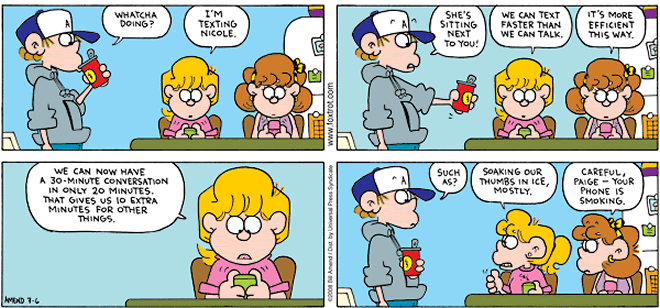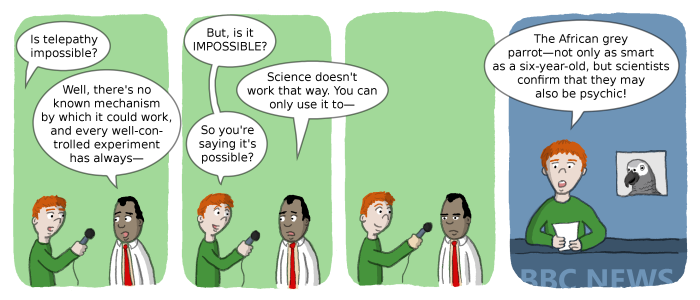Not long after posting my "Pushing buttons" post, I turned on NPR to listen to some of All Things Considered. There happened to be a somewhat relevant story on ("N.C. Sees Push To Register Young Latino Voters") — relevant because, as some commenters on my post pointed out (and as I also noted late last year), "It is not language per se, but its power to function as a 'proxy' for wider social issues which fans the flames of public disputes over language." (Sally Johnson, "Who's misunderstanding whom? Sociolinguistics, public debate and the media", Journal of Sociolinguistics 5.4 (2001), p. 599).
Here's the most relevant bit of the ATC story:
Dale Folwell was among several Republican state legislators up for re-election who spoke at a small rally in June, declaring illegal immigration a "major crisis."
"I can tell you that there are two things that civilizations never survive," Folwell says in a campaign ad. "That's a devaluation of their currency or a devaluation of their language. And these are two things that Americans are facing."
Putting aside the debatable presumption that English is the language of American civilization, I'm struggling to see how the use of other languages "devalues" English in any way. What exactly does Folwell mean by "language devaluation", anyway? Interestingly, the current top Google hit for {"language devaluation"} is a 1975 Time Magazine article ("CAN'T ANYONE HERE SPEAK ENGLISH?"), which is all about how English is being corrupted by its own speakers (in the classic but "turgid, self-righteous and philosophically hopeless" Orwellian sense — there's even an Orwell quote toward the end of the article) and makes no particular mention of immigration, languages other than English, and so forth. Thirty-three years later, we appear to be less worried about how language is twisted by our leaders to push people into conformity with certain political ideals (some progressives even think we should follow the lead of conservatives in doing more such "framing") and more concerned with … well, I'm not quite sure what.
Read the rest of this entry »




